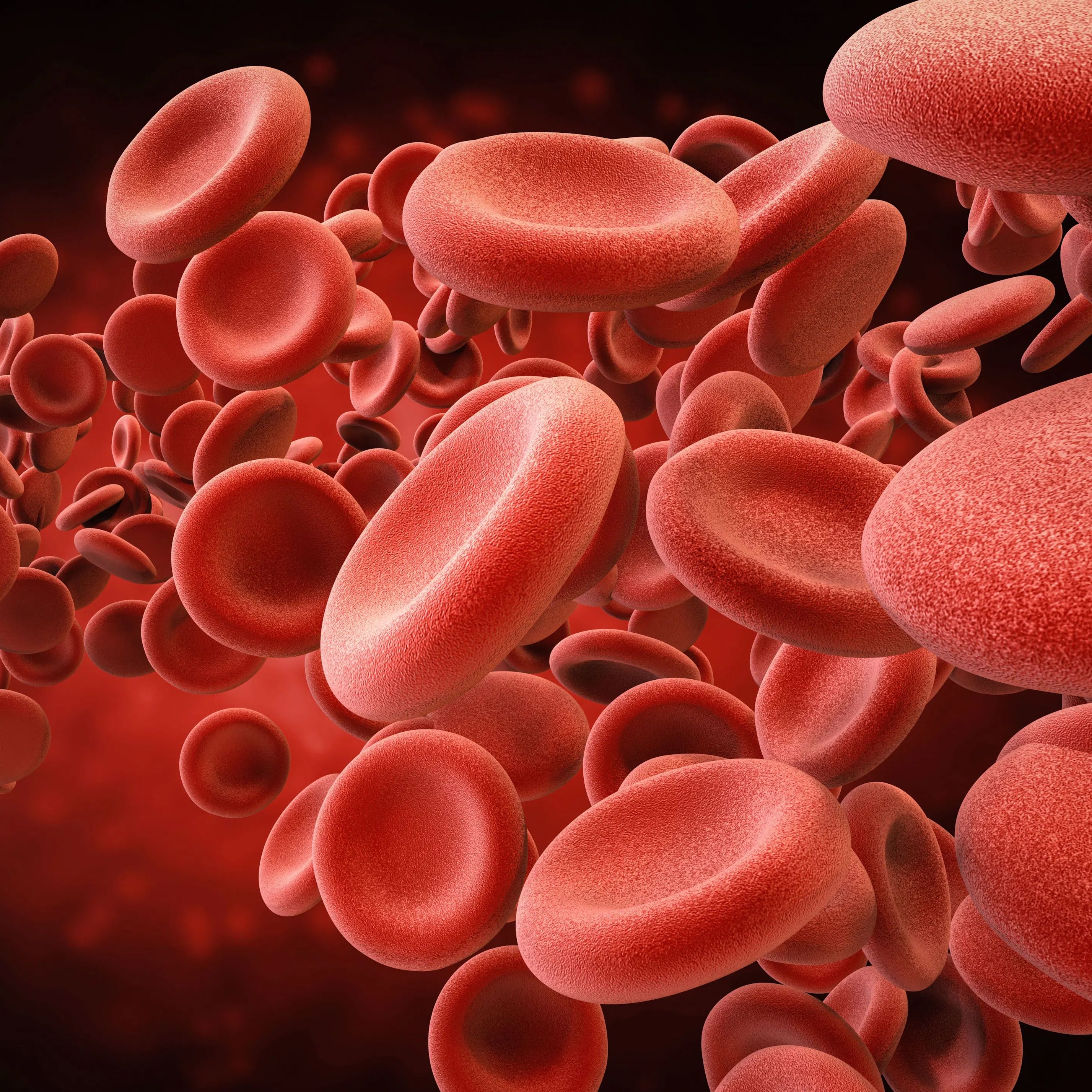Rilzabrutinib Achieves Phase 3 Primary Endpoint in Immune Thrombocytopenia
Rilzabrutinib led to a durable platelet response in adult patients with persistent or chronic immune thrombocytopenia in the LUNA 3 study.
Credit: Fotolia

New, positive data from the pivotal phase 3 LUNA 3 study show rilzabrutinib achieved the primary endpoint of durable platelet response in adult patients with persistent or chronic immune thrombocytopenia (ITP).1
Announced by Sanofi on April 23, 2024, the oral, reversible, covalent BTK inhibitor, taken at 400 mg twice daily, led to a significantly higher proportion of patients with ITP achieving durable platelet response versus a placebo-treated cohort.
“The results of this study reinforce rilzabrutinib’s potential to be a first-in-class oral, reversible BTK inhibitor that can provide clinically meaningful improvements for people living with severe immune-mediate diseases like ITP,” Houman Ashrafian, executive vice president and head of research and development at Sanofi, said in a statement.1
ITP is characterized by autoantibody-mediated platelet distribution and impairment in platelet production, leading to thrombocytopenia and an elevated risk of life-threatening bleeding episodes.2 Patients with the acquired autoimmune blood disorder can experience significant impairments to quality of life, including fatigue and cognitive dysfunction.
LUNA 3 is a multi-center, phase 3 study investigating the efficacy and safety of rilzabrutinib versus placebo in adults and adolescents with persistent or chronic ITP.1 Participants received either oral rilzabrutinib 400 mg twice daily or placebo during a 12- to 24-week double-blind treatment period, followed by a 28-week open-label treatment period and a 4-week safety follow-up or long-term extension period
The study’s primary endpoint was durable platelet response, categorized as the proportion of participants able to achieve platelet counts ≥50,000/µL for at least 8 of the last 12 weeks of the 24-week blinded treatment period, in the absence of rescue therapy.
Achieving the primary endpoint, Sanofi reported a significantly higher proportion of patients in the rilzabrutinib cohort achieved a durable platelet response. The clinically and statistically significant endpoint was achieved in patients with primary ITP who had been refractory to prior therapy.
Specifically, participants in LUNA 3 experienced a median of four prior therapies for ITP and had a median baseline platelet count of 15,000/µL—normal platelet counts range from 150,000 to 450,000/µL.
Secondary endpoints in LUNA 3 consisted of the weeks with and time to platelet responses, rescue therapy use, physical fatigue, and bleeding scores. Sanofi indicated the positive results on these key secondary endpoints emphasize rilzabrutinib’s ability to provide clinically meaningful benefits for patients with ITP. The safety profile of rilzabrutinib in LUNA 3 remained consistent with findings from previous studies.
As of November 2020, rilzabrutinib has been granted Fast Track Designation by the US Food and Drug Administration (FDA) for treating ITP.3 The drug was previously granted Orphan Drug Designation. Sanofi announced the full results of the LUNA 3 study will be presented at a medical congress and regulatory submissions in the US and European Union are expected by Q4 2024.1
“These pivotal results are a testament to our commitment and expertise in rare blood diseases and ability to build a portfolio of next-generation small-molecule inhibitors that are both more selective and optimized to deliver robust efficacy and safety outcomes as compared to existing therapies,” Ashrafian added.1
References
- Press release: Rilzabrutinib Luna 3 phase 3 study met primary endpoint in immune thrombocytopenia. Sanofi. April 23, 2024. Accessed April 23, 2024. https://www.sanofi.com/en/media-room/press-releases/2024/2024-04-23-05-00-00-2867327.
- Justiz Vaillant AA, Gupta N. ITP-Immune Thrombocytopenic Purpura. [Updated 2023 May 6]. In: StatPearls [Internet]. Treasure Island (FL): StatPearls Publishing; 2024 Jan-. Available from: https://www.ncbi.nlm.nih.gov/books/NBK537240/
- RILZABRUTINIB granted FDA Fast Track designation for treatment of immune thrombocytopenia. Sanofi. November 18, 2020. Accessed April 23, 2024. https://www.sanofi.com/en/media-room/press-releases/2020/2020-11-18-06-15-00-2128828.